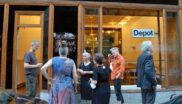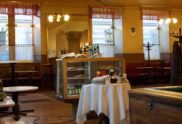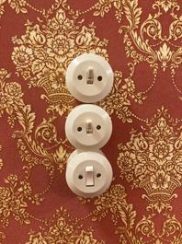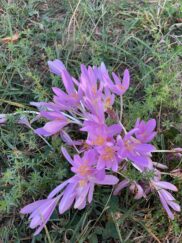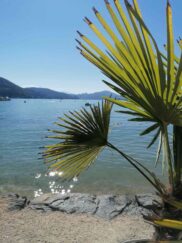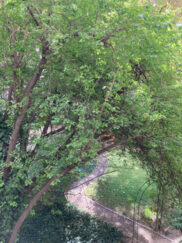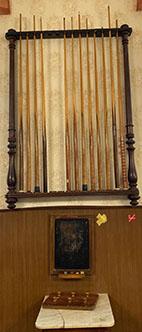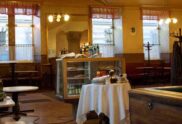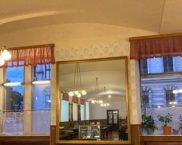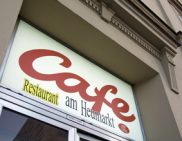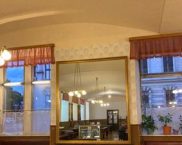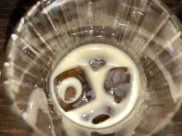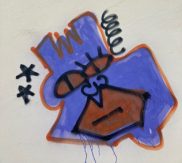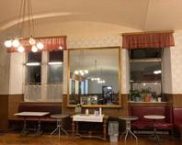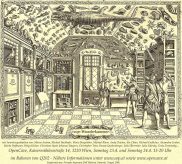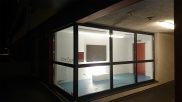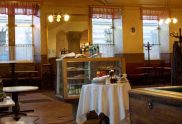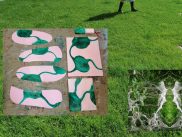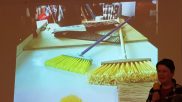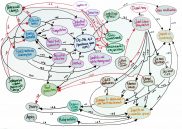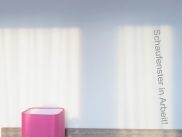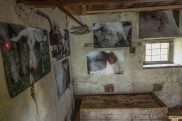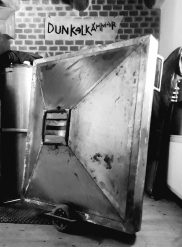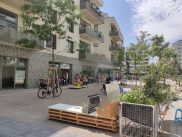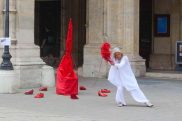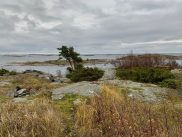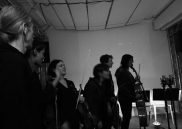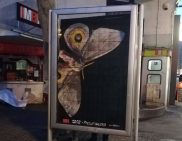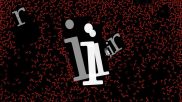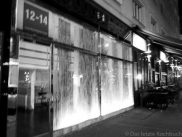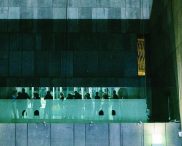walks.
discoursive city-walks with experts in science, arts and everyday life
Urban interventions are the main focus of Coded Cultures 2011, as opposed to previous forms of the festival. This time, the “protected” and well-known exhibition spaces are abandoned and the city as a whole is understood as a playing field – a place for projects, artistic interventions and urban new media arts. The format “walks. Discoursive city walks with experts in science, arts and everyday life” explores the venues and locations of the festival, as well as its surroundings with “walking as a method”. The festival offers the chance to investigate, how artistic interventions change the public space or/and the perception of urban space.
Walking as a Method
„Walking around is fundamental to the everyday practice of social life“ and „to much anthropological fieldwork“, was noted by Jo Lee and Tim Ingold. With this, they emphasize the usage of walking as a method in everyday life, as well as in field studies. Walking is a form of coming closer to a place, to explore and to appropriate it. An integral part of walking is a reference to the body, which forms itself while sensing the surrounding – one could even argue, that space gets apprehended and appreciated only through physical movement. Understanding does not only work on a cognitive, linguistic layer, but also with sensual and aesthetic parameters. If walking is understood as an “instrument of insight”, it can be used as a method for research – to generate results, that are not detached from the physical experience.
experts in science, arts and everyday life
Walks, as well as city tours are shaped and characterized by whom you perform them with. Five “walks” are planned with experts in diverse fields, that all not only share their specific knowledge, but also their relation to the city of Vienna with the participants. Elke Krasny, a cultural theorist will thematize politics of memory/ rememberance between architecture, arts and feminism; Michael Hofstätter (PAUHOF Architects) will focus on the presence and absence of urbanism. Katharina Miko, a sociologist, will reflect on ethnographic urban research on the example of “Schwedenplatz” and “Praterstern”. Performance-artist Barbara Kraus will perform an expedition with bicycles instead of walking by foot, and Michal Wlodkowski, one of the curators of Coded Cultures 2011, will organize an excursion to urban gardens in open and public (unused) space.
developing new viewpoints on the city, together.
“walks. discoursive city walks with experts in science, arts and everyday life” represents a request to combine the diverse knowledge of different fields of expertise and to develop entirely new viewpoints and approaches through walking, exploring and investigating. Scientific disciplines, such as sociology, architecture, urban research, art theory, cultural studies and cultural history are represented, as are contemporary arts in its representations: sculpture, performance, interventions, media arts, etc. The aim is not to contrast the artistic and scientific disciplines, but to develop an exemplary new format, that is fed by theory and practice of everyday life.
Dates:
WALK 1
2011–09-22, 17:00
Michael Hofstätter, PAUHOF architects
Problems of presence and absence of urbanism beyond “Donaukanal”
WALK 2
2011–09-24, 17:00
Elke Krasny
politics of memory/ rememberance between architecture, arts and feminism
From the jewish cemetery Währing along the “Donaukanal” to the flak tower Augarten
WALK 3
2011–09-25, 17:00
Barbara Kraus
An expedition with the bicycle
WALK 4
2011–09-30, 17:00
Katharina Miko
ethnographic urban research on the example of “Schwedenplatz” and “Praterstern”
WALK 5
2011–10-01, 17:00
Michal Wlodkowski
City Farmers
moderated and accompanied by: Luise Reitstätter
Meeting Point: Festland Bar / Badeschiff

